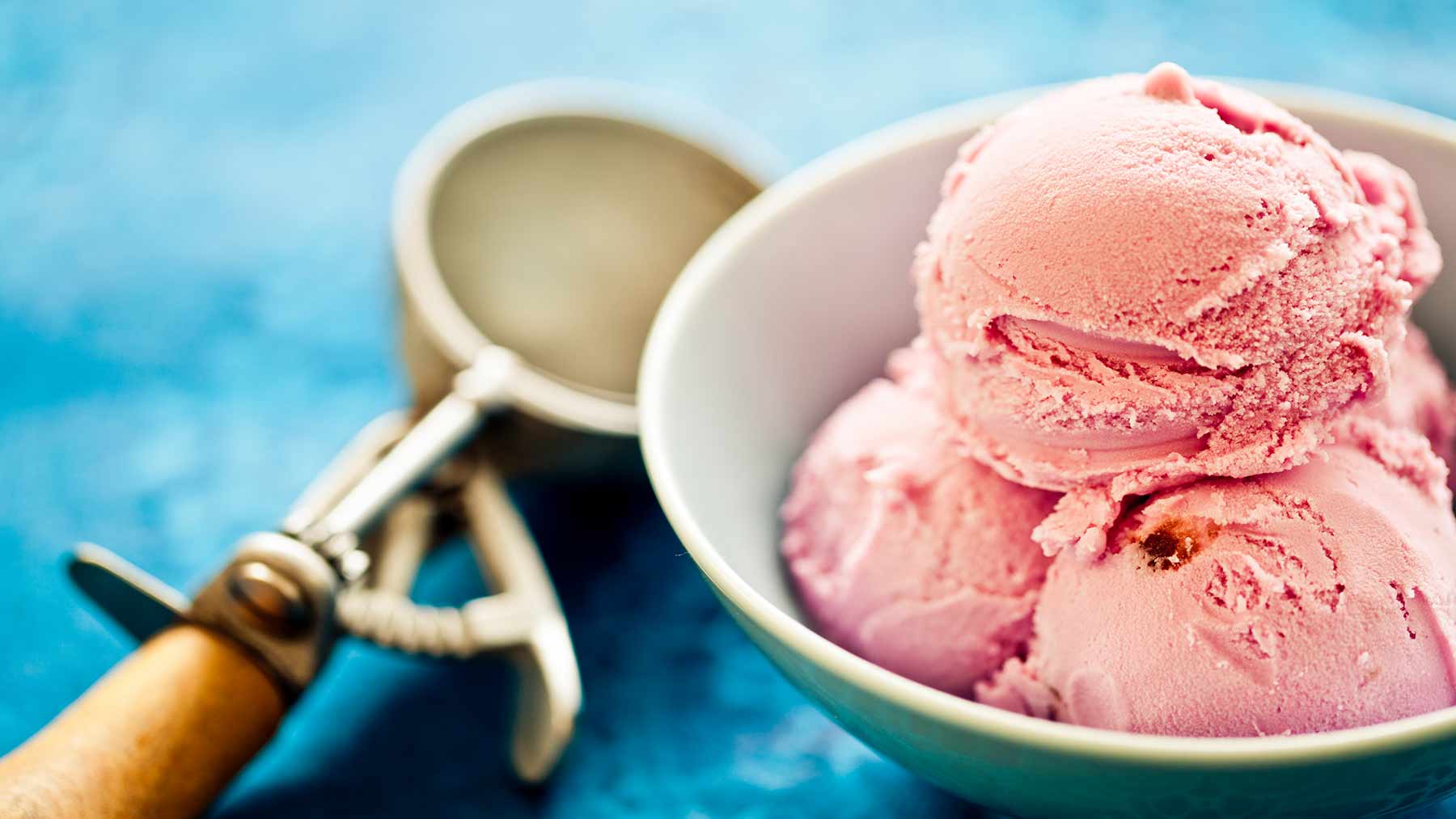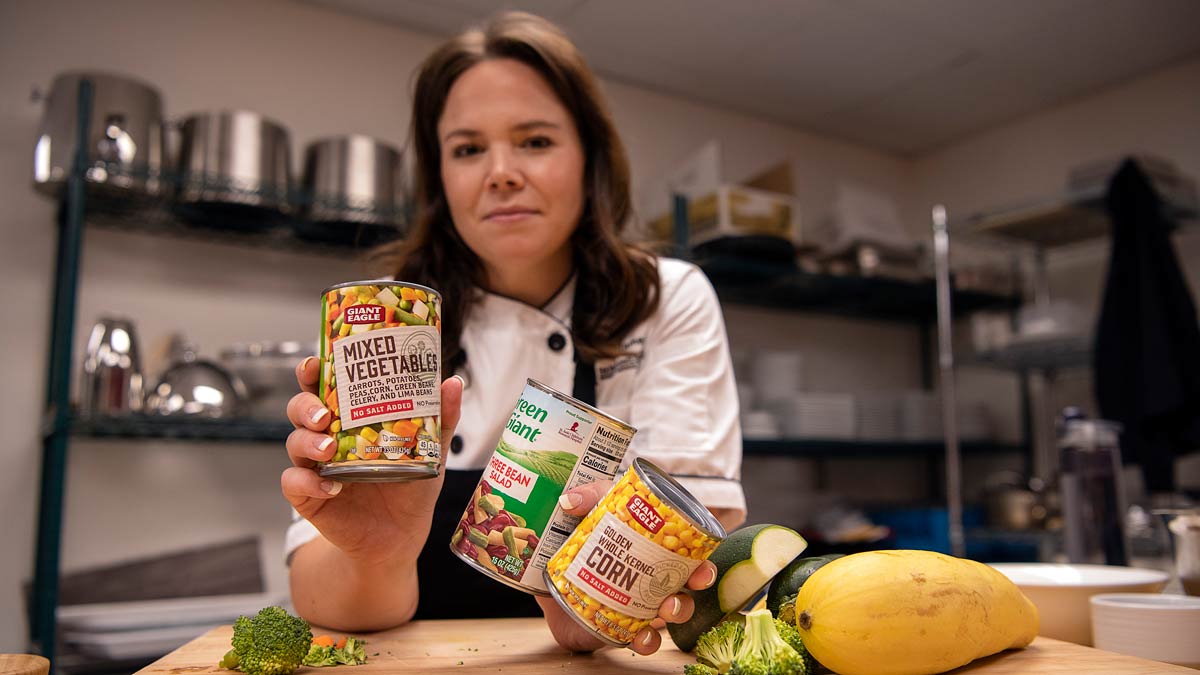Are low-calorie ice creams healthy?

High protein ice creams like Halo Top and Enlightened are a recent addition to the freezer section at the grocery store and they’re taking the calorie-counting world by storm. This pint-sized ice cream is low in sugar, fat and calories, but high in protein and fiber. They come in many delicious-sounding flavors like Chocolate Covered Banana, Cookies & Cream and Birthday Cake – most of which advertise that you can eat the entire pint for under 400 calories.
That being said, are these ice creams really a healthier choice? Or is all this too good to be true?
As a registered dietitian, I give these options a big thumbs down. Here’s why:
Cravings
If you’re really craving ice cream, this type of dessert might not do the trick. Although they may taste good, they’re much lighter and less rich and creamy than the real thing. Many people find they eat double or triple the amount they normally would because it isn’t as satisfying.
Volume
People may think they’re consuming something “healthy” by eating these desserts and give themselves permission to eat the whole pint. Just like regular ice cream, if you’re going to eat this you should do so as an occasional treat, not an everyday indulgence. By no means should you eat the whole carton in one sitting, as this can encourage unhealthy portion control habits.
Ingredients
These types of ice cream boast about their protein content but, in reality, most people shouldn’t be focused on getting more protein out of their dessert. Most people get enough protein in their diets without this. What most lack in their diet are fruits and vegetables (and eating more of this dessert isn’t going to help you accomplish that). If you’re in need of more protein in your diet, I’d recommend doing so with more real, whole foods, instead of processed foods like this.
While desserts like these use stevia and erythritol for sweetness, they still typically contain cane sugar. Consuming too much added sugar isn’t good for your health and is linked to various conditions such as obesity, heart disease and diabetes.
Additionally, overeating these types of products could make you gassy, as your gut bacteria ferment the prebiotic fiber added to the ice cream.
I often advise my clients to be skeptical of packaging and marketing that gives any ice cream a health halo. Labeling on the front of a package has been shown to make buyers view the food more favorably, regardless of the food’s actual health value. People who “diet” are the ones susceptible to these food trends. Dieting implies something short term or temporary. Dieting doesn’t work, and eating low calorie ice creams is unlikely to make you healthier (or thinner) in the long run.
Even with high protein and low calories, these products are still considered ice cream — something to remember before you devour an entire pint.
Dena Champion is a registered dietitian at The Ohio State University Wexner Medical Center.




